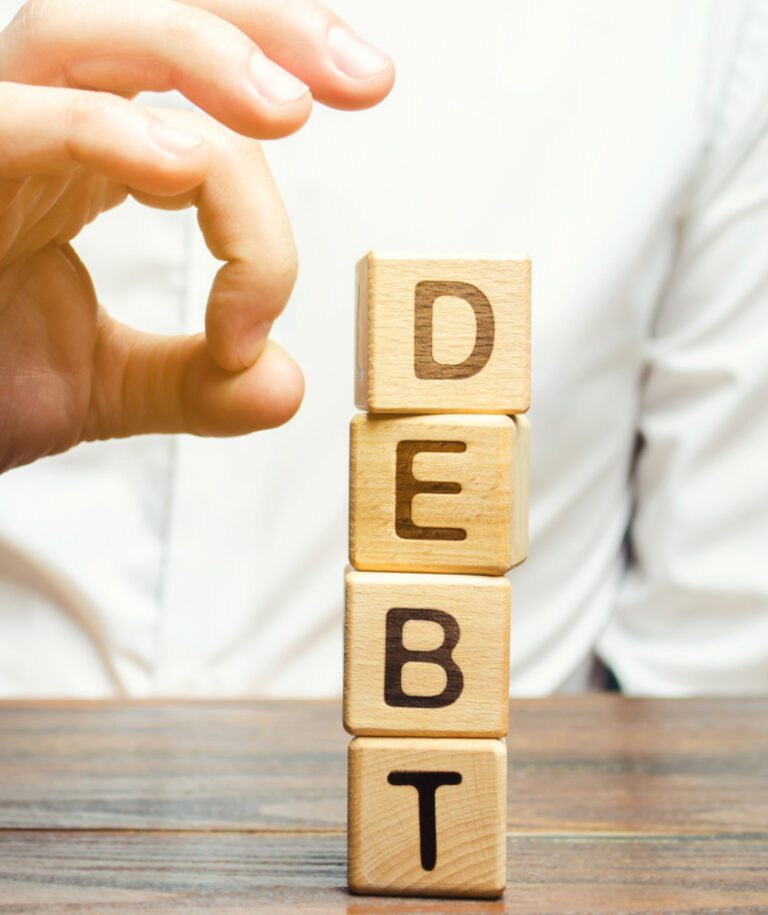
Debt Solutions
When you are in the middle of debt, it can feel like the end of the tunnel is still way out of sight. We are here to tell you that all is not lost. From individual voluntary arrangement to debt relief orders, there is a debt solution out there regardless of your financial circumstances.
Not sure where to begin? Here is a mini introduction to the different forms of debt solutions and why they might suit you and your situation.
If you feel an IVA could help you, click below to talk to one of our team.
May not be suitable in all circumstances.
Fees apply. Your credit rating may be affected.
Solutions to Get Out of Debt
find out more about DIFFERENT debt solutionS
Get in touch today
NDH Financial can help free you from the shackles of your debt.
Call us on 0800 002 9051 or apply below.
If you're an existing client, please call us on 0800 002 9061.


Apply Today
Get in touch with NDH Financial for a free consultation about your debts to see if an IVA could help you.
Call us on 0800 002 9051 or apply below.
An IVA may not be suitable in all circumstances. Fees apply. Your credit rating may be affected
Start your debt solution journey today
There are lots of factors to consider when it comes to choosing the right debt solution for you. There is no one-size-fits-all solution, which is why it can be quite overwhelming when deciding which way to go.
At NDH Financial, our IVA assessors are able to offer you a no obligation consultation where you can discuss your situation so you can begin your journey to become debt-free*.
Take the first step, apply now
An IVA may not be suitable in all circumstances. Fees apply.
Your credit rating may be affected.
Do You Have More Questions?
Our IVA Learning Hub Can Help
We know you might have questions and that’s fine.
We can answer most of those on our call.
But we’ve also built our learning hub so that you can learn more about an IVA and see if one is right for you.
Click below to check it out.
